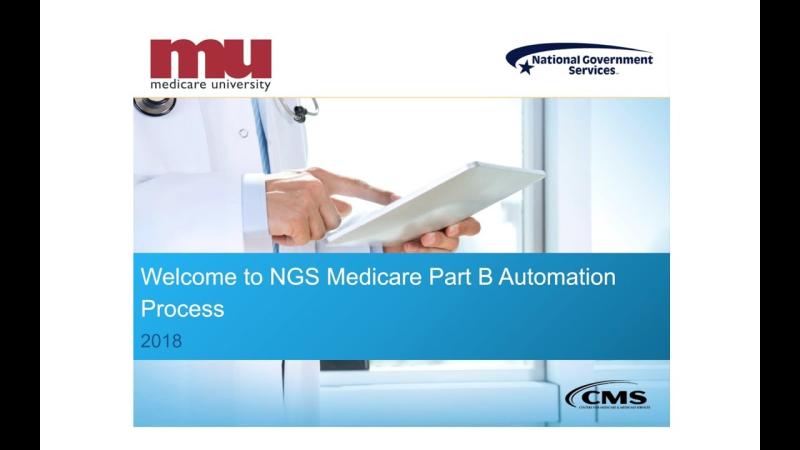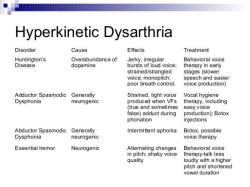What are the requirements for hospice?
Hospice care is specialized care designed to provide support and comfort to individuals with a life-limiting illness and their families. To be eligible for hospice care in the United States, patients typically need to meet certain criteria. It's important to note that eligibility criteria may vary slightly depending on the specific hospice program or organization. Here are common requirements for hospice care:
Life-Limiting Illness:
- Patients are generally eligible for hospice care if they have a life-limiting illness or condition and are no longer seeking curative treatment. Examples include advanced cancer, heart failure, chronic obstructive pulmonary disease (COPD), and advanced dementia.
Prognosis of Six Months or Less:
- Hospice care is usually provided when a physician determines that the patient has a life expectancy of six months or less if the illness runs its normal course. This prognosis is based on the physician's clinical judgment and the trajectory of the patient's condition.
Agreement to Palliative Care:
- Patients and their families must agree to receive palliative (comfort) care rather than curative treatment. Hospice focuses on managing symptoms, enhancing quality of life, and providing emotional and spiritual support.
Referral from Physician:
- A physician's referral is often required to initiate hospice care. The patient's primary care physician or specialist must certify the patient's eligibility and collaborate with the hospice team.
Consent and Understanding:
- Patients or their designated decision-makers must provide informed consent for hospice care. This involves understanding the goals of hospice, the nature of palliative care, and the decision to forgo curative treatment.
Residence in Service Area:
- Patients should reside within the service area of the hospice program. Hospice care is typically provided in the patient's home, but it can also be delivered in nursing homes, assisted living facilities, or inpatient hospice facilities.
Need for Symptom Management:
- Hospice care is appropriate when the patient requires symptom management and relief from pain, nausea, shortness of breath, and other distressing symptoms associated with the terminal illness.
Reevaluation and Recertification:
- Hospice eligibility is periodically reassessed, usually at regular intervals, to ensure that the patient continues to meet the criteria. If a patient's condition stabilizes or improves, hospice care may be reevaluated.
It's essential to consult with healthcare professionals, including the patient's primary care physician and the hospice team, to determine eligibility and discuss the appropriateness of hospice care for an individual patient's needs. Each hospice program may have its specific admission criteria and processes, so individuals and their families should reach out to hospice providers for detailed information and assistance.
Hospice care is a specialized type of care that focuses on comfort and quality of life for people who are terminally ill and their families. It provides physical, emotional, and spiritual support to patients and their loved ones during this difficult time.
To be eligible for hospice care, a patient must meet certain criteria, including:
- A diagnosis of a terminal illness with a prognosis of six months or less if the disease runs its normal course
- A willingness to forgo curative treatments in favor of comfort care
- A need for pain and symptom management
- A desire to spend their remaining time at home or in a hospice facility
Hospice care is covered by Medicare, Medicaid, and most private insurance plans.
Here are some of the services provided by hospice care:
- Pain and symptom management: Hospice care providers work to manage the patient's pain and other symptoms, such as nausea, vomiting, and shortness of breath. They may use medication, therapy, and other interventions to provide relief.
- Emotional and spiritual support: Hospice care providers offer emotional and spiritual support to patients and their families. They may provide counseling, grief support, and spiritual guidance.
- Practical support: Hospice care providers can help with practical tasks, such as bathing, dressing, and meal preparation. They may also provide assistance with paperwork and insurance claims.
- Bereavement support: Hospice care providers offer bereavement support to families after the patient has died. This may include counseling, support groups, and educational resources.
To find a hospice provider, you can ask your doctor for a referral or search online. You can also contact your local hospice organization.
Here are some things to expect from hospice care:
- A focus on comfort and quality of life: Hospice care is not about curing the patient's illness. Instead, it is about providing comfort and support during this difficult time.
- A team approach: Hospice care is provided by a team of professionals, including doctors, nurses, social workers, chaplains, and volunteers.
- Care that is tailored to the patient's needs: Hospice care is individualized to meet the specific needs of each patient and their family.
- Support for the family: Hospice care providers offer support to the patient's family, both during the patient's illness and after the patient has died.
Hospice care can be a valuable resource for people who are terminally ill and their families. It can provide comfort, support, and peace of mind during a difficult time.












